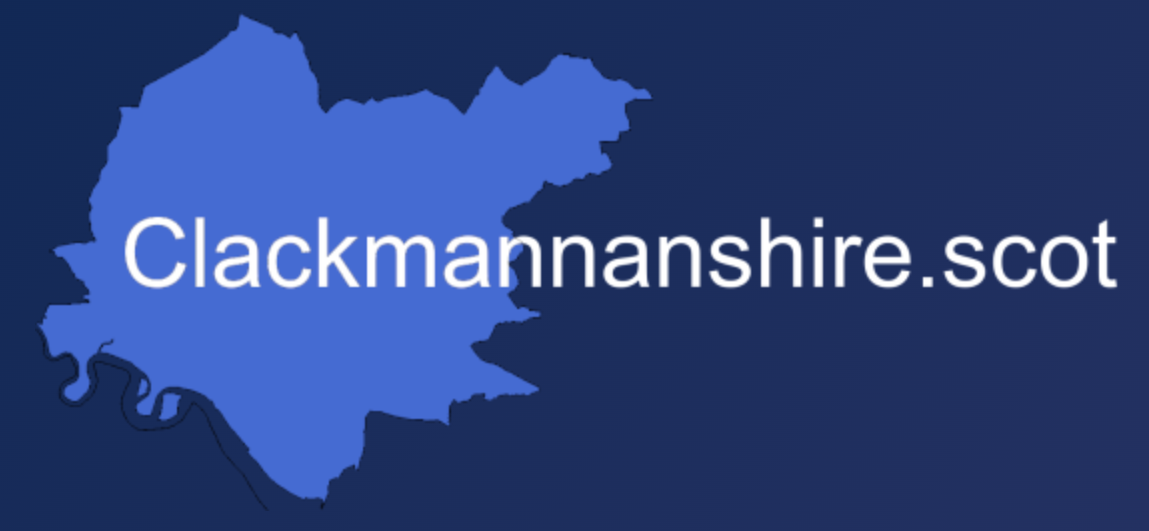Thomas Crouther Gordon was born in Scotland on 15th February 1898, son of Mr and Mrs George Gordon. His father was a tailor's cutter.
During the First World War, he served as a lieutenant in the Royal Naval Air Force, and in July 1918 he was posted from RNAS Lee on Solent in Hampshire to Houton Bay Air Station in Orkney to carry out reconnaissance flights, on the alert for enemy submarines.
His time there was not without incident. On September 15th, 1918, he was on patrol in a Felixstowe F.3 flying boat, 60 miles out over a North Sea mine field, unable to see land due to low cloud and with no ships in sight when the petrol pipe supplying one of the engines shook loose. The engine was not completely starved of fuel and continued to run, but leaking petrol caught fire when it came into contact with the engine’s hot exhaust pipe and flames threatened to set fire to the wing. Deciding to remain airborne for as long as possible, Gordon succeeded in bringing the aircraft home just as the starboard engine cut out. Writing of the experience in his diary, he recorded, “No hour of my life was so crowded with prayer.”

T. Crouther Gordon - November 1918
He served with such courage and efficiency that in the new year's honours list of 1919, he was awarded the Distinguished Flying Cross. When the war was ending, he flew the lead plane over Scapa Flow, shepherding the conquered German fleet to anchor. Many years later, in 1986, the BBC published his book, Early Flying in Orkney.
When the war was over, Tom returned to his studies for the ministry and earned the first of a string of degrees from the University when he graduated MA in 1922. To that he added a BD three years later, a PhD, and finally a DD in 1966.
His undergraduate record was peppered with distinctions, a first place in elementary Arabic in 1921 that blossomed into a second place in Honours Arabic two years later, as well as distinctions in Honours Hebrew and Aramaic and Comparative Philology. It was the beginning of a lifetime of successful intellectual inquiry encompassing the Semitic languages, history, art and literature. His many publications include a book on Robert Louis Stevenson, another on the Alloa artist David Allen and works on Alloa and Clackmannan history. In his later years he edited and contributed to the Third Statistical Account of the County of Clackmannan. His deep interest in archaeology took him to excavations in Palestine in the twenties and to study at the British School of Archaeology. The fruits of his learning were shared with a wider audience in his book Digging in Galilee.
As Minister of the Pitlochry United Free Church from 1926-1929, of Dalmuir Union Church from 1929-1933 and Clackmannan Parish Church 1933-1966. He was very community minded, and so was involved with the Dollar Academy Board of Governors and forty-one other committees and boards at some stage in his career. This led to his meeting Queen Elizabeth II and the Duke of Edinburgh in Clackmannan, on June 28th, 1963, where they visited the tolbooth, mannan stone, etc. in main street.

T. Crouther Gordon explains the mercat cross, tolbooth and mannan stone to Queen Elizabeth II.
Picture from Clackmannan Legends Facebook Group
Retiring from the church in 1966, he was fortunate to enjoy twenty years of retirement. Thomas Crouther Gordon died on 23rd December 1986.
References:
